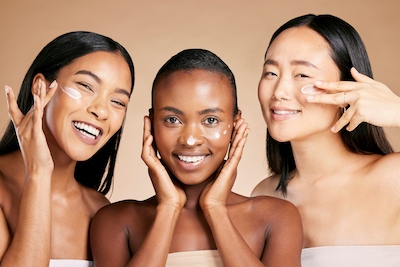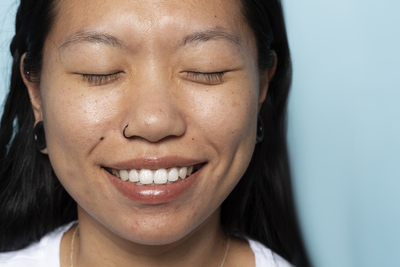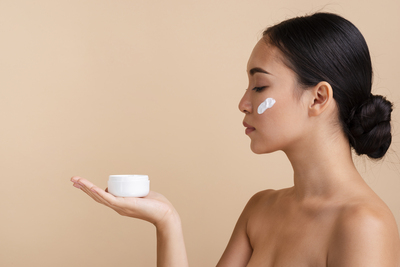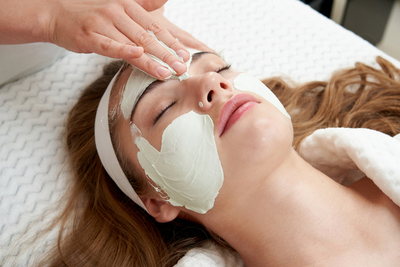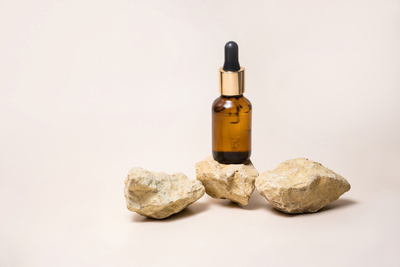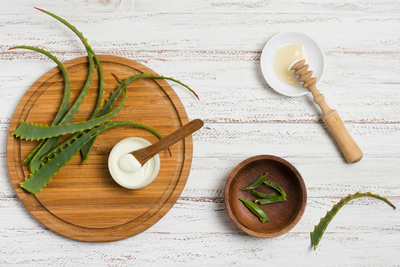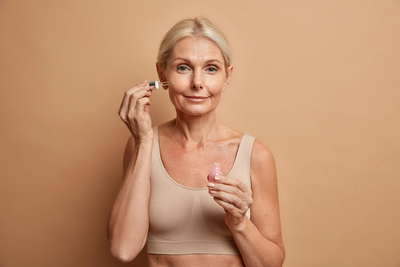5 Types Of Food That Cause You Breakouts
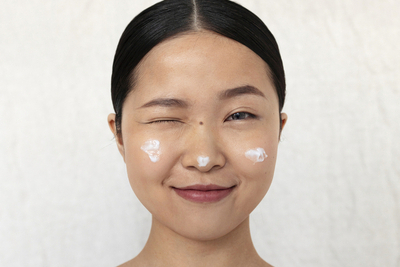
Acne is one of the most common skin disorders and its development is associated with lots of factors: genetics, hormonal imbalance, stress, etc. Of course, the connection between eating certain foods and the appearance of pimples is obvious. If you are prone to acne, some products can make things even worse. Therefore, the first step towards healthy skin is to normalize the body’s metabolism and adhere to a balanced diet.
Food And Acne Connection Explained
Normally, sebum is produced by the skin to maintain its protective functions, as it saves the epidermis from dehydration and negative environmental influences. With increased work of the sebaceous glands, problem skin secretes excess sebum. According to Megan Jacobson, SDSU Extension Chronic Disease Management Field Specialist, sebum clogs pores and creates a favorable environment for the development of bacteria.
For the skin condition to improve, it is important to regulate sebum production, normalize the function of the sebaceous glands and nourish the skin with missing vitamins and elements. And a noticeable improvement in overall well-being will be a pleasant bonus.
Food To Avoid Acne
Dairy Products
Recent studies prove that pure animal milk provokes the appearance of acne due to whey proteins and insulin-like growth factors. As stated by the American Academy of Dermatology Association, insulin-growth factors stimulate the work of the sebaceous glands. And this is also true for ice cream, cheese, sweet yogurts, milkshakes, and whey-based protein supplements.
Sweets
The next acne food to avoid is sweets. Glucose, fructose and starches provoke a significant release of insulin and thereby increase the functioning of the sebaceous glands. As a result, sebum is produced in even larger quantities. This provokes the formation of comedones and the development of further inflammation.
Of course, there’s also a lot of sugar in juices, alcohol, soda, etc. If you can’t immediately give up sweets, think about replacement options, for example, products with a low glycemic index, such as citrus fruits and berries. The National Library of Medicine certainly recommends trying this approach.
Fried Foods
Foods high in saturated fats increase the thickness of sebum. This, in turn, creates a favorable environment for the multiplication of skin microorganisms, including C. acne, which contributes to the appearance of new inflammations. So, fast food acne and processed food acne are popular phenomena after you decide to enjoy the simple pleasures of life.
Alcohol
Drinking alcoholic beverages negatively affects the course of acne due to the high content of starches and fermentation products. It causes hormonal imbalance and also dehydrates the body, including the skin. In such circumstances, the sebaceous glands begin to work harder and produce excess fat. Surely, toxins that accumulate in the body when drinking alcohol are eliminated not only through the liver, but also through the skin.
Coffee
A cup of coffee in the morning is great for invigorating, but it can cause acne. Coffee beans increase the level of cortisol, the stress hormone. Cortisol stimulates the sebaceous glands, so it is better to avoid coffee - better opt for herbal tea.
Best Food To Treat Acne
Pay attention to elements such as phosphorus, calcium, zinc and vitamins A, C, D, E and B. They break down elastin and produce collagen, making the skin truly radiant.
Also, enrich your diet with antioxidant foods. They will help cells fight the destructive effects of free radicals and improve the condition of problem skin.
What are good foods to get rid of acne?
Salmon, herring and mackerel are rich sources of zinc and omega-3 fatty acids. These products help absorb vitamin A, which is beneficial for problem skin. Omega-3 fatty acids have an anti-inflammatory effect and prevent the appearance of pimples.
Antioxidants (citrus fruits and berries) are certainly the best foods to treat acne. They are a rich source of vitamin C, which protects the skin from acne spots. You should also eat nuts and green leafy vegetables - sources of vitamin E. These antioxidants are useful for treating post-acne scars.
Diet to treat acne can be quite balanced and varied. In addition, it will have a positive effect not only on the skin, but also on the functioning of the entire body. But to help your skin heal completely, remember about external care as well. On SkinBuddy, you can choose the products that suit you best. Thus, enter the characteristics of your skin and specific ingredients to choose the most effective care.
Try SkinBuddy to find out what works for your skin, and what doesn’t.
Scan your skincare, avoid pore-clogging or irritating ingredients, and discover smarter product matches. Open the web app or download the mobile app to get started.
or
Check Products OnlineCheck if your skincare suits your skin type, sensitivity, or acne-prone needs at skinbuddy.app and discover better options that match your routine and goals. SkinBuddy makes it easy, fast, and science-backed.
Scan to get started:

Web App (mobile only)

App Store & Google Play
References
- Loberg, S. (2022, April 11). The Connection Between Diet and Acne. South Dakota State University Extension. https://extension.sdstate.edu/connection-between-diet-and-acne
- Can The Right Diet Get Rid Of Acne? American Academy Of Dermatology Association. https://www.aad.org/public/diseases/acne/causes/diet
- The Relationship Of Diet And Acne. National Library Of Medicine. National Center for Biotechnology Information. https://www.ncbi.nlm.nih.gov/pmc/articles/PMC2836431
- Hopp, D. (2024, February 2). The Effects Coffee Can Have on Your Skin, According to Derms. Byrdie. https://www.byrdie.com/coffee-effects
- Anti-Acne Diet Guide: Choose Best Foods for Pimple-Free Skin. (2023, October 17). Kolors Health Care. https://www.kolorshealthcare.com/blog/anti-acne-diet-guide-choose-best-foods-for-pimple-free-skin


